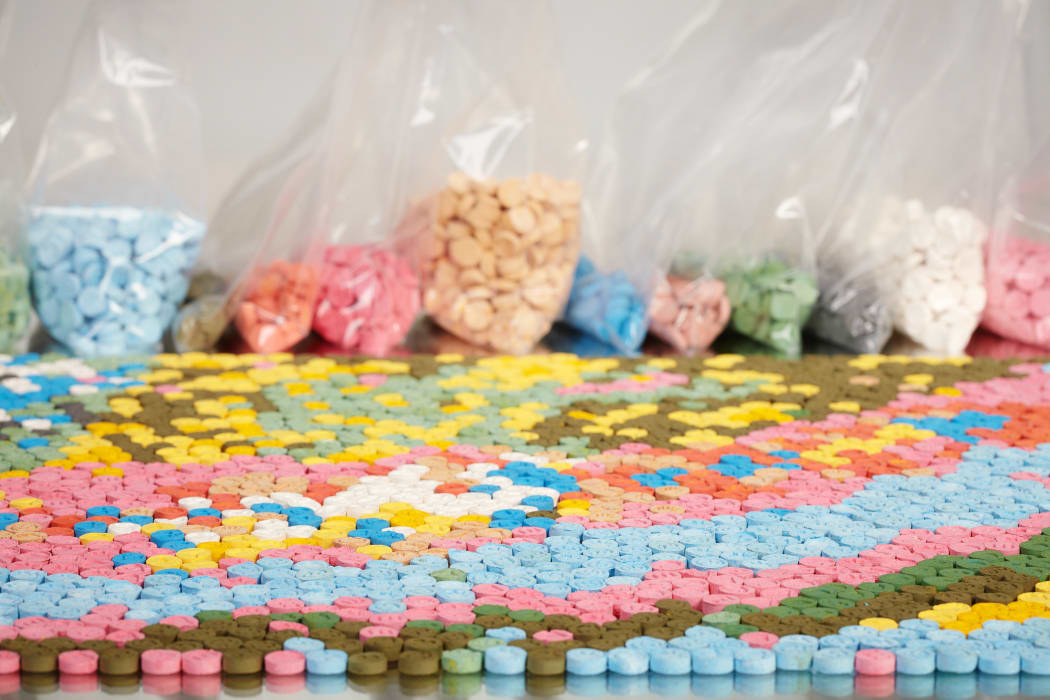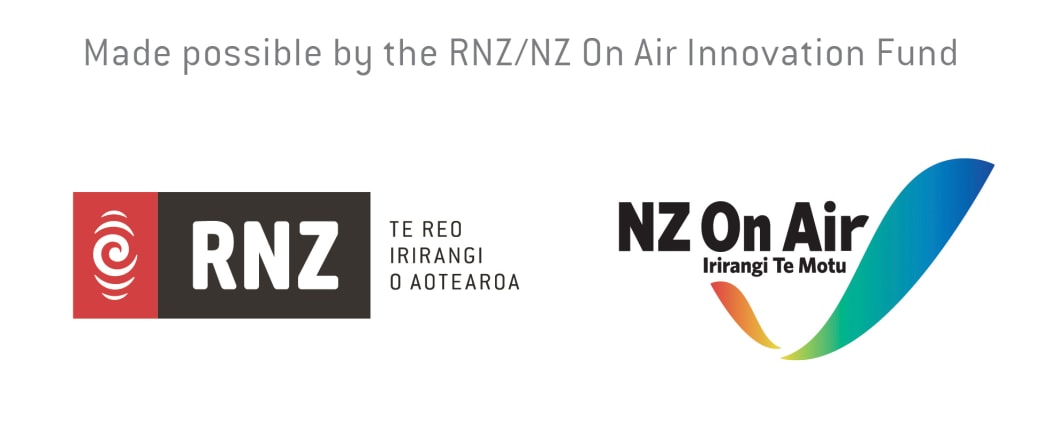
Photo: 123RF
Most peoples’ familiarity with LSD is due to its adoption by the ‘hippy movement’ of the 1960s and 70s.
Mention of the drug conjures images of flower-laden folk lying in fields of grass, embarking on existential journeys inwards after taking a tab on a sunny afternoon.
But LSD, also known as acid, is undergoing a resurgence of sorts. This time, however, the users are more likely to be adorned in suits-and-tie than all-natural hemp garb.
The modern-day LSD user, or so goes the narrative, is increasingly a microdoser.
And the anecdotal ‘success’ stories of said microdosers is inspiring a new wave of scientific research into the drug, and whether it could be taken as a tool for human benefit.
Among those interested is Suresh Muthukumaraswamy, from the University of Auckland. Pending approval from the Ministry of Health and subject to raising the money required, Muthukumaraswamy is planning a world-first study into the effects of microdosing.
“In the 1960s and for most of the time people have used these drugs, they’ve used them in quite large doses, and have these very obvious effects,” he says.
But Muthukumaraswamy says with microdosing, users take “about a tenth” of what they would need to “trip.”
“It doesn’t create these large psychological experiences, but people claim that these microdoses improve their mood, wellbeing, and cognitive performance.
“There’s now this big trend happening in society where people are actually microdosing LSD every two or three days.”
He says while LSD and its effects have been studied, there’s been little formal research into microdosing specifically. Muthukumaraswamy is interested in LSD’s potential as a treatment for mood disorders or for improving productivity – or he says the study could rule out any usefulness at all.
“We don’t really know to what extent these self-reports… are real, or how much is just placebo.”
If it gets the go-ahead, his study will involve gathering healthy men and giving them either a dose of LSD, or a placebo. They will undergo tests after the first dose, and then will be sent home with a six-week course of acid.
At the end of the six weeks, they’ll be tested again to see how they’ve fared – and the participants will be swapped from the real thing to a placebo, or vice versa.
He says testing in this way will allow his team to get a sense of the effect of microdosing on real life.
“That’s really the big feature of our study. We want people to be able live their lives – in as safe as possible of a way – but that’s what we want to do.”
The elephant in the room with this ambition is that LSD is a Class A drug. Its possession, manufacture and distribution is illegal.
“We’ve written about 40 pages of documentation justifying the science and the design… I think there’s a strong case that the research should be done.”
If it does get the green light, getting the money is another hurdle – and Muthukumaraswamy says they’ll likely have to crowd-fund in the quest for information about microdosing.

Photo: RNZ

